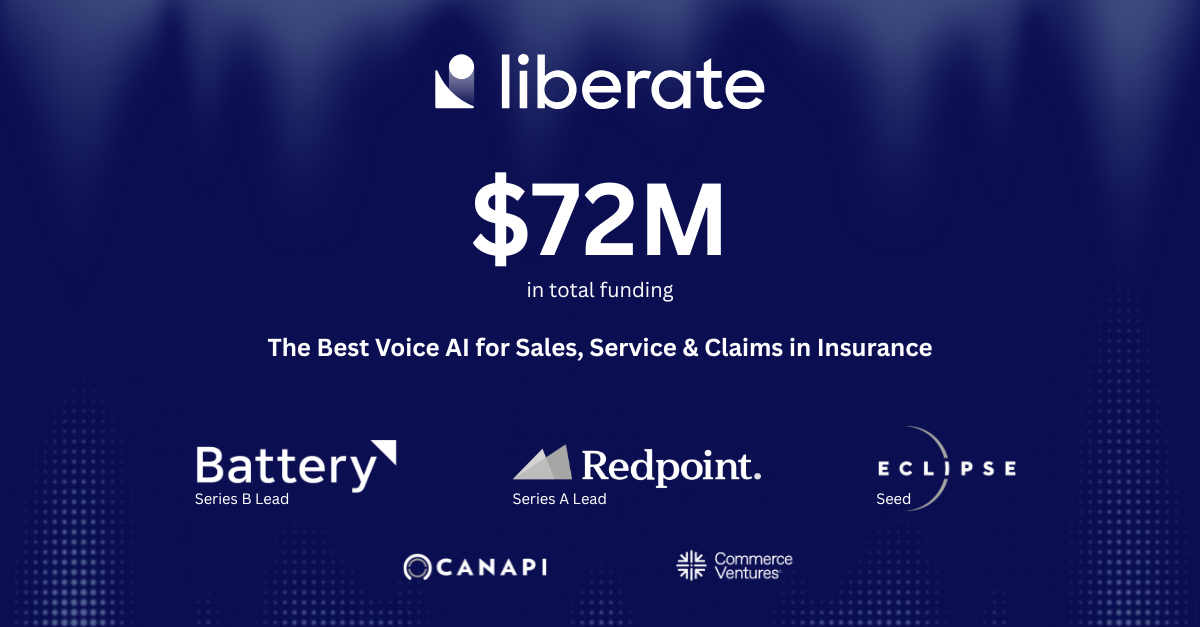Artificial intelligence is advancing rapidly – laws need to catch up. A recent executive order establishes new standards for AI safety and security, with stated goals that include protecting Americans’ privacy, advancing equity and civil rights, standing up for consumers and workers, and promoting innovation. For insurers to embrace AI, they need to be aware of the requirements in the AI executive order.
Recent AI Developments Prompt New Concerns
According to the World Economic Forum, 2022 saw some major breakthroughs in AI, including the launch of ChatGPT. New tools could have a positive impact on many sectors, but AI adoption is also sparking concerns and controversies. For example, there are concerns about law enforcement’s use of AI facial recognition systems and robots.
In the insurance industry, the Society of Actuaries identifies the potential for unfair bias as a risk of using AI. IBM identifies several other risks, including data confidentiality, security, and transparency.
Controls to guard against these risks have already been implemented. For example, the National Association of Insurance Commissioners (NAIC) has released a document entitled “Principles on Artificial Intelligence.” According to Risk & Insurance, states are also examining bias in the insurance models used to price risk.
The AI Executive Order
On October 30, President Biden announced an executive order that creates new standards for AI safety and security. This wide-reaching order will impact workers, consumers, government agencies, and business leaders. Many of the changes called for in the executive order will have direct or indirect implications for the insurance industry.
Establishing New AI Standards
According to Celent, there are currently no federal regulations regarding AI in the U.S. That could change soon. The executive order calls for various actions to support the development of safe AI. For example, developers of powerful AI systems now must share their safety test results with the U.S. government, the National Institute of Standards and Technology will develop standards to ensure that AI systems are safe, secure, and trustworthy, and the Department of Commerce will develop guidance for content authentication and watermarking to label AI-generated content.
Protecting Americans
The executive order also addresses concerns regarding both data privacy and bias. Since these are two hot topics in insurance, the sections related to these issues are particularly relevant for insurers.
Regarding data privacy, the executive order warns that AI makes it easier to extract, identify, and exploit personal data. It may therefore jeopardize privacy when there are not proper safeguards in place. To preserve the privacy of Americans (and children in particular), the executive order calls for federal support to accelerate the development and use of privacy-preserving techniques, funding of privacy-preserving research and technologies, an evaluation of how agencies collect and use commercially-available information, and the development of guidelines that federal agencies will use to evaluate the effectiveness of privacy-preserving techniques.
Regarding bias, the executive order says AI can lead to discrimination, biases, and other abuses when used irresponsibly. To control this risk, the executive order calls for clear guidance for landlords, federal benefits programs, and federal contractors, efforts between the Department of Justice and civil rights offices to address discrimination, and the development of AI best practices for the criminal justice system.
Protecting Workers
The executive order says workplaces may see increased productivity thanks to AI. However, it also points out the potential for new technology to increase surveillance, bias, and job displacement. The executive order calls for a report on the potential impact on the labor market as well as the development of principles and best practices to mitigate harms and maximize benefits for workers.
This is highly relevant to the insurance industry. Accenture says the insurance industry is experiencing a talent shortage. AI can help by automating routine tasks and making underwriters and claims professionals more efficient. The potential benefits are enormous, but some workers may worry about the inevitable changes.
Promoting Innovation and Competition
The executive order says more AI startups in 2022 raised first-time capital in the U.S. than in the next seven countries combined. It seeks to cement the country’s lead by catalyzing AI research through the National AI Research Resource. This will promote an AI ecosystem and expand the capability of highly-skilled immigrants and nonimmigrants to study and work in the U.S.
This type of innovation stands to benefit the insurance industry. Insurtech startups have already been changing the nature of insurance. We may only be at the beginning of what’s possible.
Are You Keeping Up with AI Innovation?
This executive order is just one more sign of how rapidly AI is advancing. Things are changing fast – insurers need to keep up. Liberate makes it easy by offering automation for claims and underwriting in a single platform that seamlessly integrates with your current system. Learn more.

.avif)



